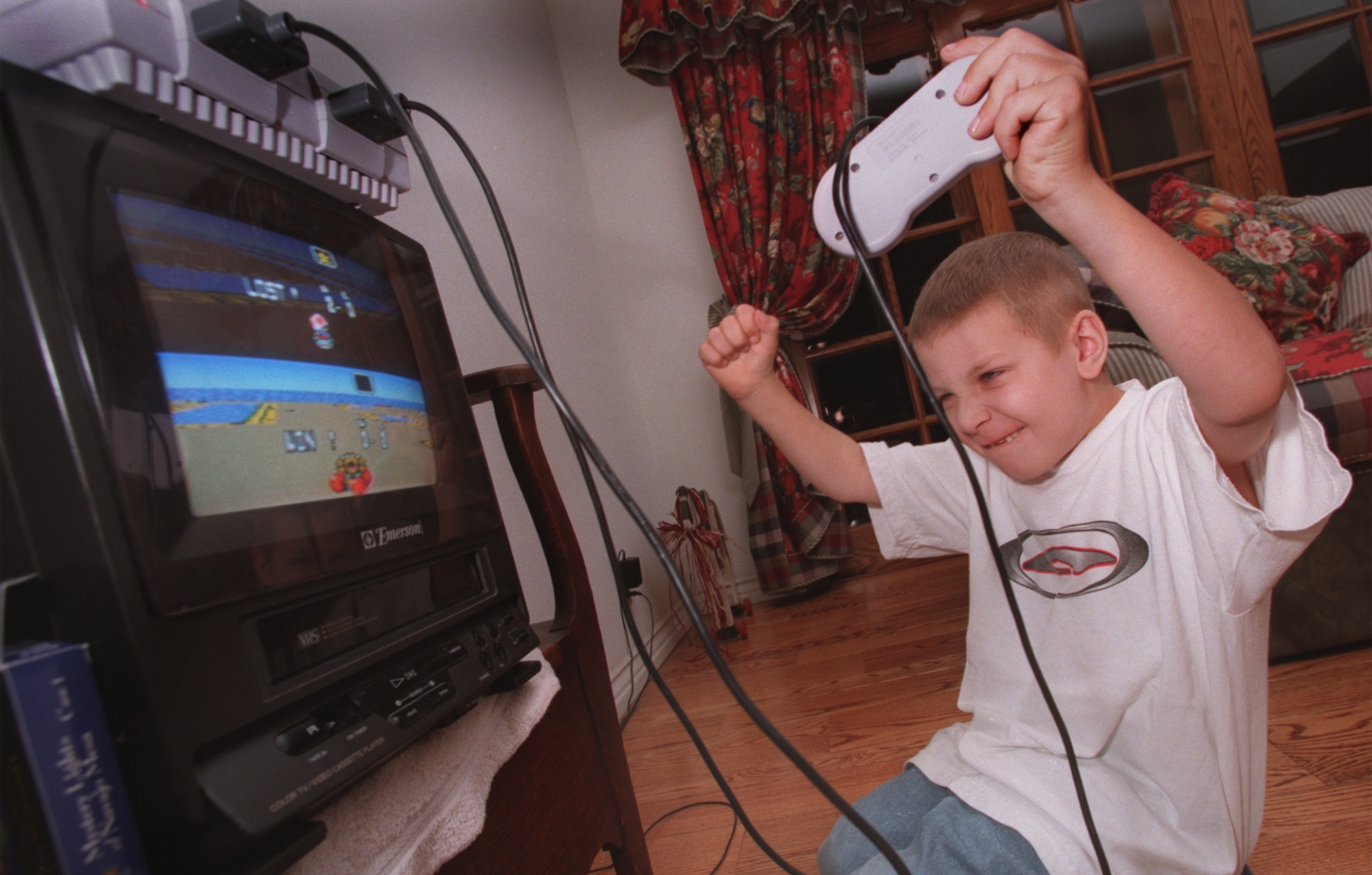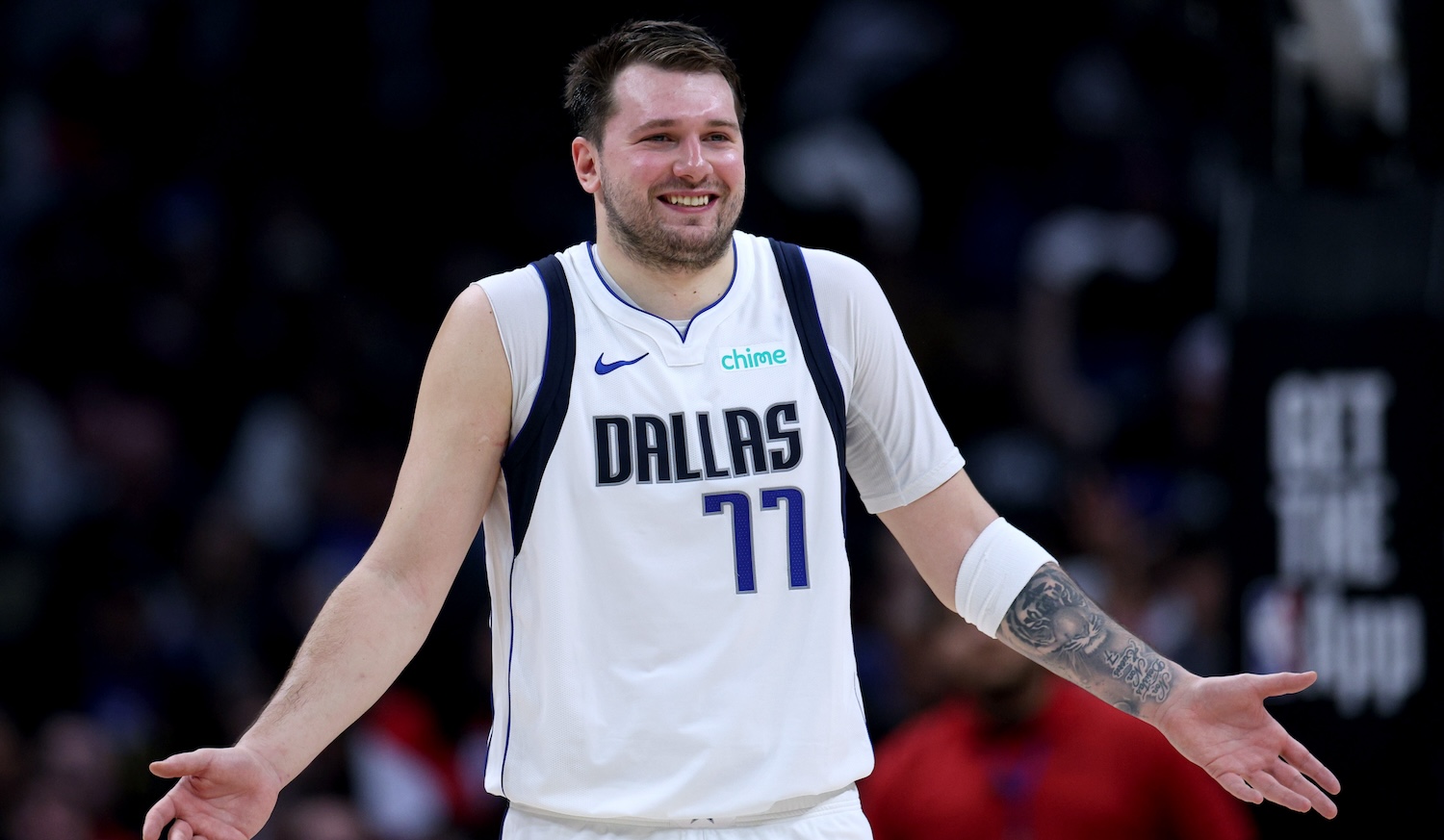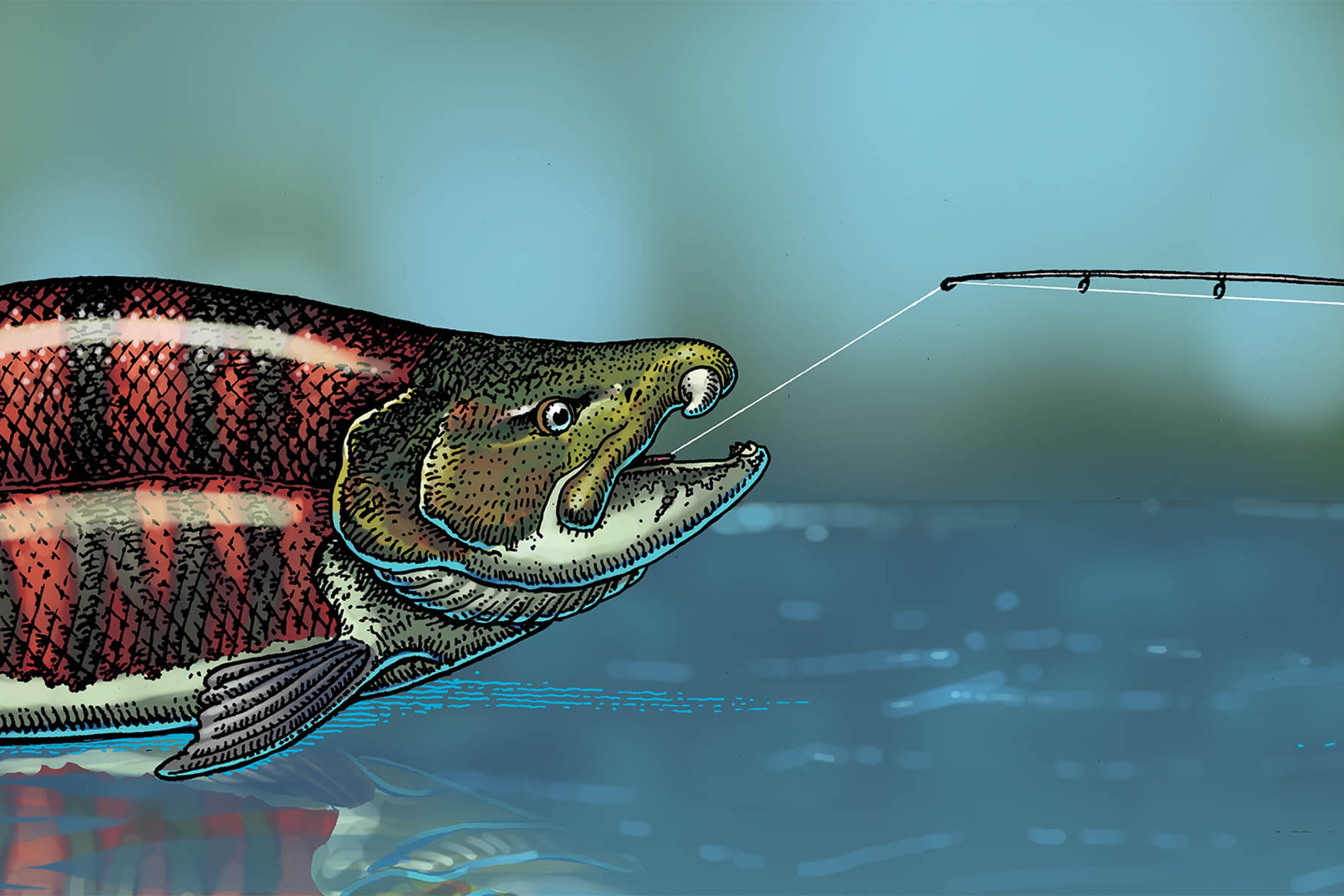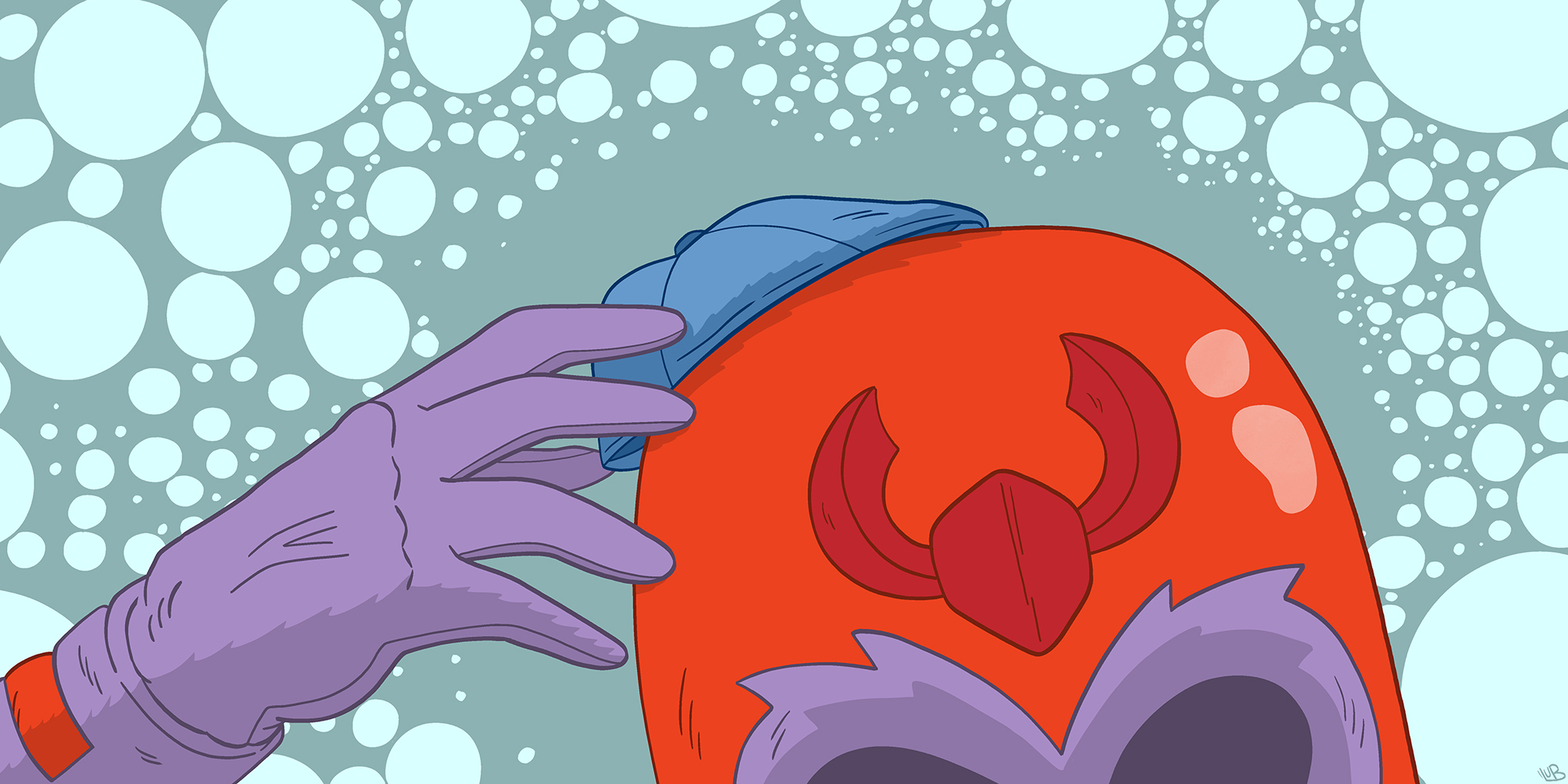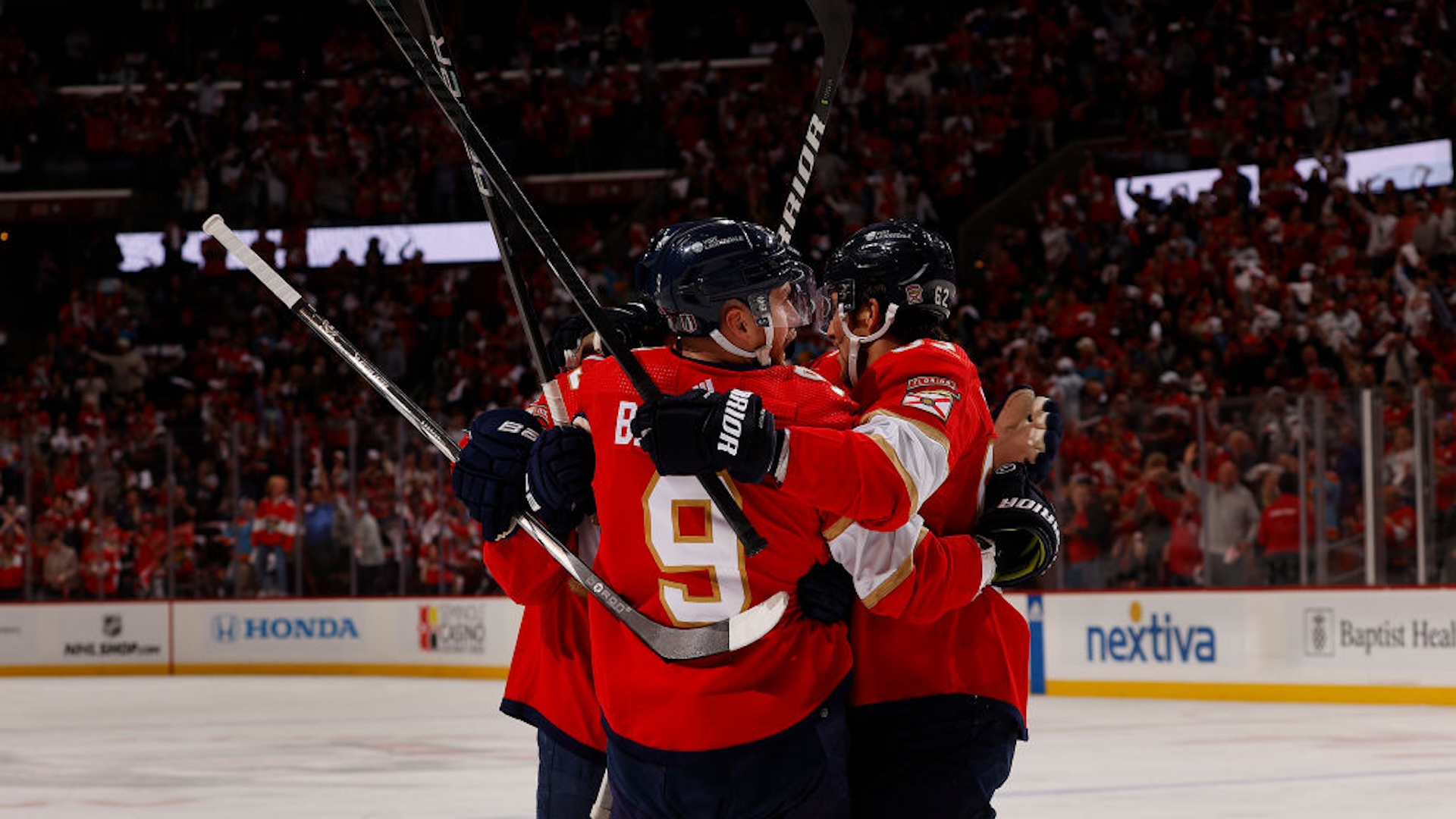The Seattle Kraken Can Win Right Away, But At What Price?
9:35 AM EDT on July 19, 2021
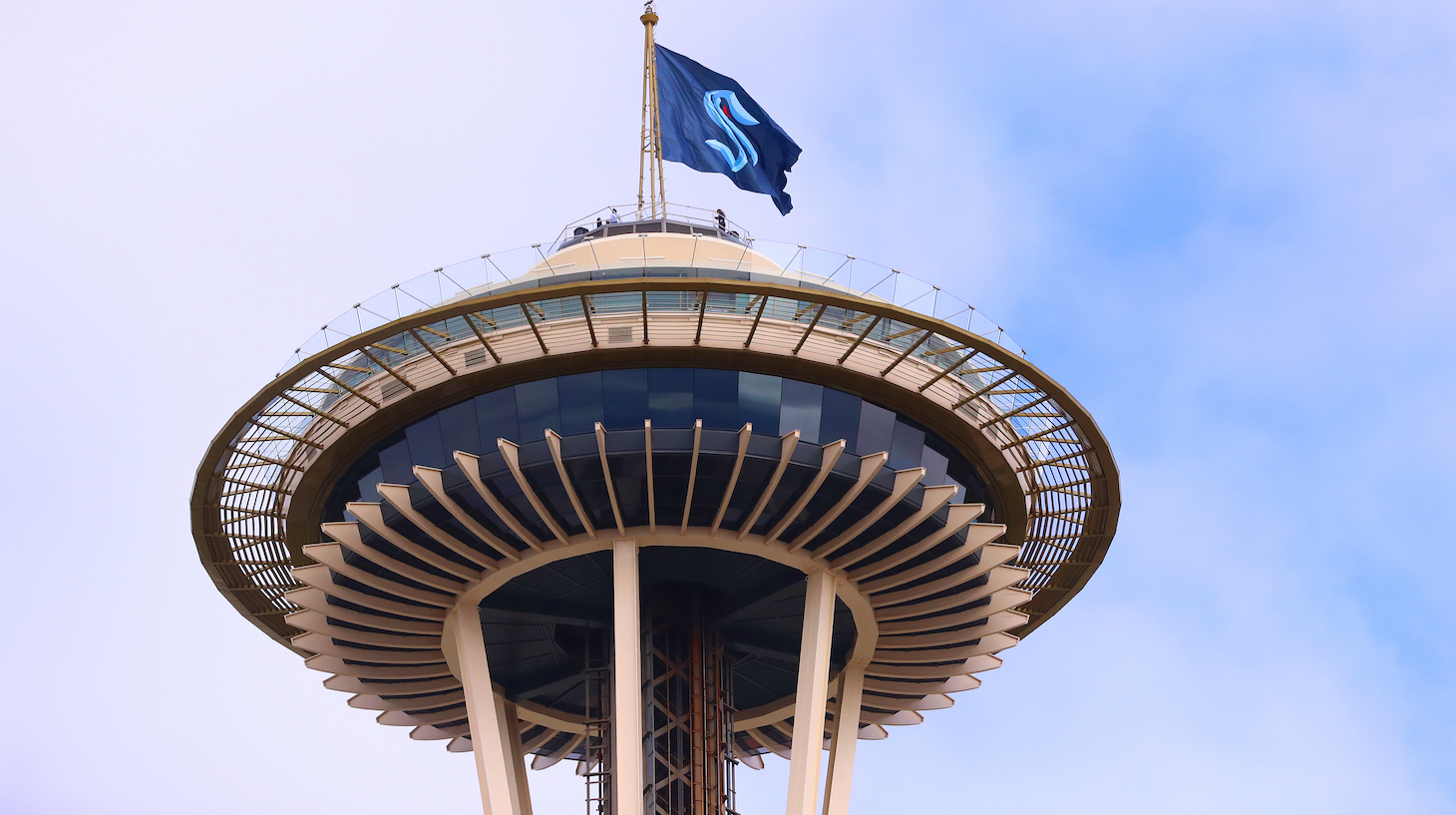
The Seattle Kraken, the NHL's 32nd franchise, exist in all the ways except the one that matters. They have their arena. They have their logos, colors, and jersey. They have a GM and a coach. What they don't have yet is guys. Can't have a hockey team without guys! They'll get their guys on Wednesday, when the league hosts and reveals the expansion draft, its second in four years. And it's impossible not to think of that Golden Knights draft, and how Vegas stormed to a Cup final appearance in its inaugural season, and wonder if the Kraken, too, can be good that quickly. The answer would appear to be an extremely qualified yes.
The rules for Seattle's draft are the same as Vegas's: After excluding first- and second-year players, teams could choose to protect seven forwards, three defensemen, and one goalie (or eight skaters and one goalie, if they really love their fourth defenseman; only three teams did that). This would not, on its face, seem to lend itself to an eligible pool of very good players. If you built a whole franchise out of third lines and second pairings, you would not expect to win with it. But it's obviously a lot more complicated.
Here is the full list of unprotected players, but that's not very helpful. Instead, consider just the prominent ones. The ranks of notable players eligible to be drafted to Seattle run the gamut from merely recognizable to genuine stars. Tarasenko! Johansen! Palat! Giordano! Henrique! Lucic! Skinner! Duchene! Zucker! Those are some capital-G Guys. And that's before you even get to the goalies, which include the likes of Carey Price, Jonathan Quick, and Ben Bishop. Aside from just name recognition, there's real talent available. You would think, just looking at the top of the list, that you could assemble an immediately competitive team. And you'd be right:
i plugged in the best players available to seattle into my lineup projections
— dom at the athletic (@domluszczyszyn) July 18, 2021
they were second best in the pacific and projected for 105 points 👀🥴
What The Athletic's Dom Luszczyszyn's model shows ... is that the Pacific is garbage! But also that your eyes aren't deceiving you, there are genuinely good players available to the Kraken, and enough of them to have a genuinely good team right from the first puck-drop. The league's eligibility rules for this round of expansion, intentionally or not, make sure of it. But, interestingly, I'm not certain there's much the Kraken can learn from the Golden Knights on that score.
The Knights did not build a Cup contender by selecting the best players available, not directly. The core of that inaugural Vegas squad was instead built on fear, and opportunity cost. Multiple teams were so afraid of losing specific guys that they swung deals with the Knights to ignore certain unprotected players or take on questionable contracts, and the Knights, almost without exception, made out like bandits. They got Reilly Smith as a throw-in to take Jonathan Marchessault. They got Alex Tuch and Erik Haula because Minnesota didn't want to lose Matt Dumba. They got William Karlsson and a first-round pick that would eventually be flipped for Max Pacioretty because the Blue Jackets didn't want to lose a couple of younger talents.
In short, Vegas benefited from GMs improperly evaluating their own rosters and being willing to throw in sweeteners. I don't think this will happen again. I think GMs have learned, some of them the hard way, that it's better to just take your medicine quickly and lose one guy. Just one! Maybe they'll be missed, but those are the breaks of the expansion draft, and it's preferable to overthinking things and losing two or more valuable pieces.
I also don't think the Kraken can take many lessons from the Vegas draft because the player pool is so different. There are many more good-to-great players on bad-to-just-OK long-term contracts available this time around. Maybe that's just coincidence or maybe it's a function of front offices who had TV-deal money in their eyes now facing down a COVID-related flat-cap, but more teams are hoping—or at least are not opposed to—using the expansion draft to clear some iffy contracts. The Flyers would obviously prefer to have Jakub Voracek than not have him, for example. But Voracek at $8.25M per for the next three seasons? That's a different story.
It's also the potential trap that Seattle faces. Dom Luszczyszyn's mock, picking all the best players, puts the Kraken's payroll at around $75 million with RFAs left to sign. The cap is $81.5 million and it's not clear when it'll rise. That's not a lot of room to maneuver, and depending on the player, they could lock up cap space for years to come—not ideal for a Seattle team that has no idea what it'll need at future trade deadlines and free agency periods. Ryan Johansen and Matt Duchene are fine players, but an expansion team probably shouldn't be committing to them for the next four and five seasons, respectively. The best value Vegas found in its draft was not in established players, but in younger types who hadn't yet shown they could be consistent NHL scorers. The Knights' triumph was one of scouting, not of possessing (and spending) cap space.
The Kraken's dilemma can perhaps best be summed up in net (which, interestingly, was one spot where Vegas was willing to spend). Here are the top goalies available to Seattle:
Notable goalies available to the @SeattleKraken in the #SeattleDraft.
— NHL (@NHL) July 18, 2021
Who should they pick? 🤔
📺: Wednesday, July 21 at 8p ET on ESPN2, @Sportsnet and @TVASports
Full list of protected players: https://t.co/pgd3Be72KV pic.twitter.com/IUiwXTHk8t
There are Cup champs and Vezina winners there, and yet, there are strong arguments for ignoring all of them in favor of younger, cheaper netminders who are simply stuck in backup situations but deserve a chance to start. Maybe someone like Carey Price gives Seattle the best chance to compete right away. But committing to his annual $10.5M hit through 2026 would be disastrous. Indeed, the Kraken are reportedly planning to draft and sign Chris Driedger, and would be wise to put him in tandem with Kahkonen or Vanecek.
One thing Vegas understood, when it selected Marc-Andre Fleury (and received a second-rounder from Pittsburgh for taking Fleury's contract off their hands) was that an expansion team needs a face. A well-known player who can sell merchandise and be the team's identity until it earns one of its own. There's real value in that, both financial and less tangible, and it's worth spending on. Maybe that's Vladimir Tarasenko, disgruntled in St. Louis and coming off injuries. Maybe they surprise us and splurge elsewhere. But one thing I think we can count on is GM Ron Francis limiting the splurging to special cases, and not just grabbing at every big name and shiny object available. An expansion team does not need to win right away, no matter what Vegas was able to do. But the one thing an expansion team can't do is hamstring itself for years to come before a single game has been played.
If you liked this blog, please share it! Your referrals help Defector reach new readers, and those new readers always get a few free blogs before encountering our paywall.
Deputy Editor
Stay in touch
Sign up for our free newsletter
